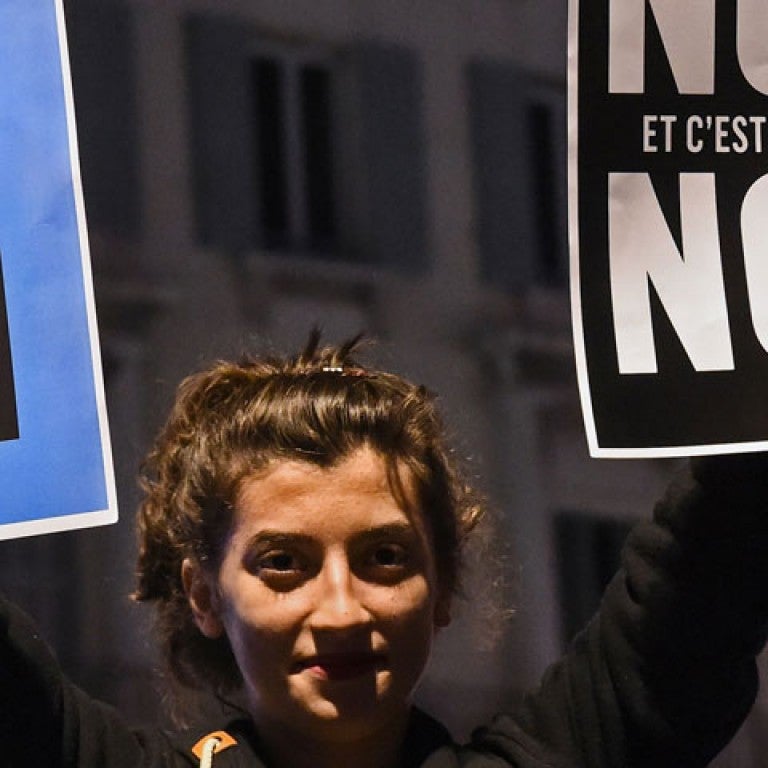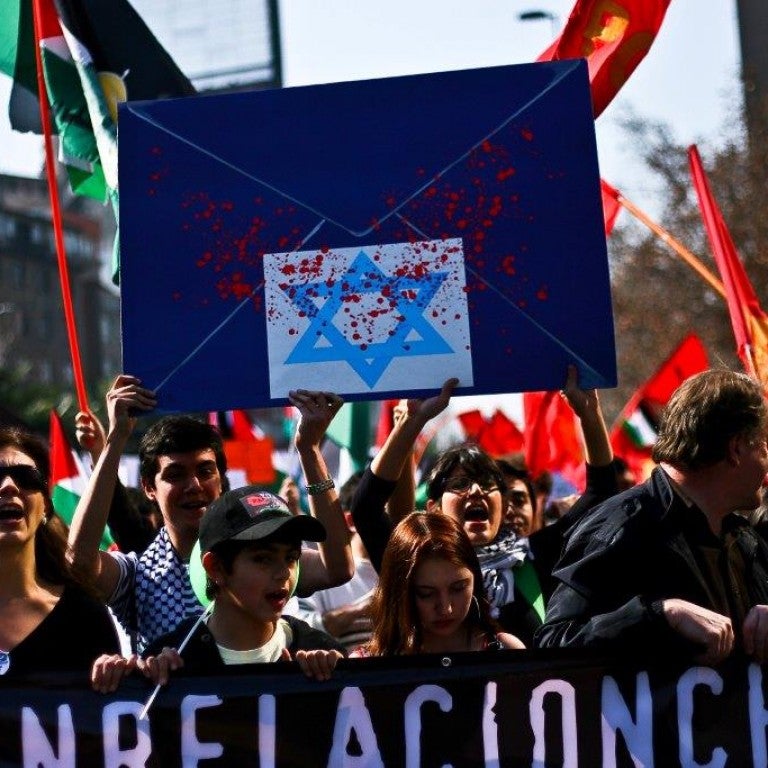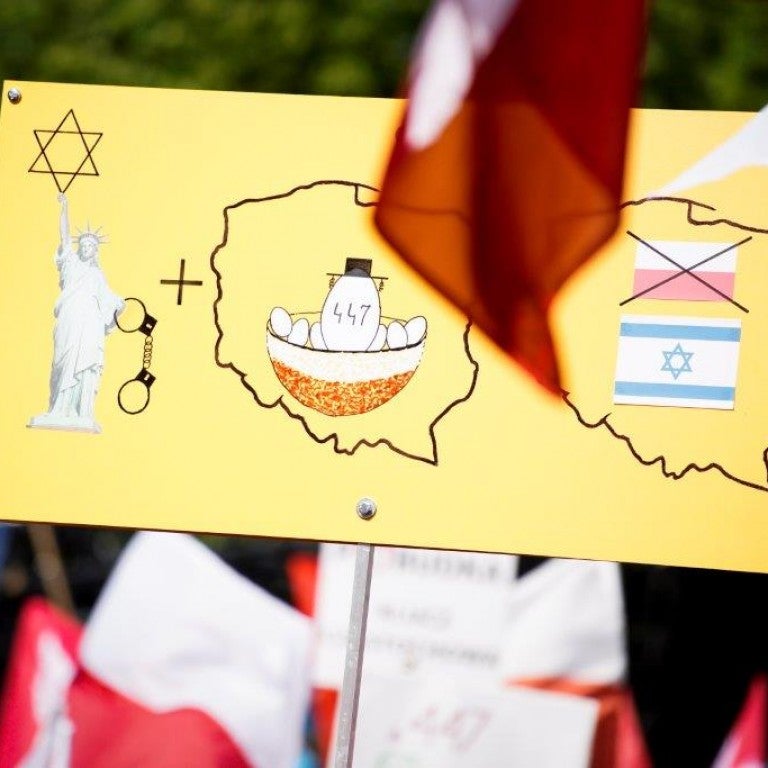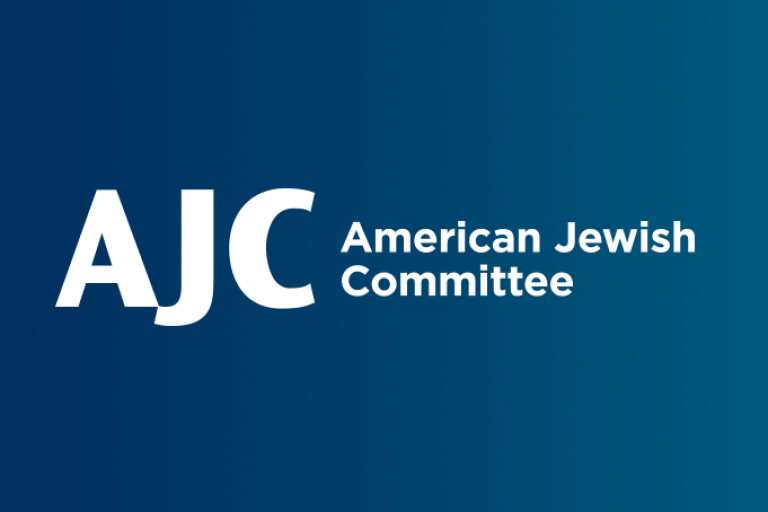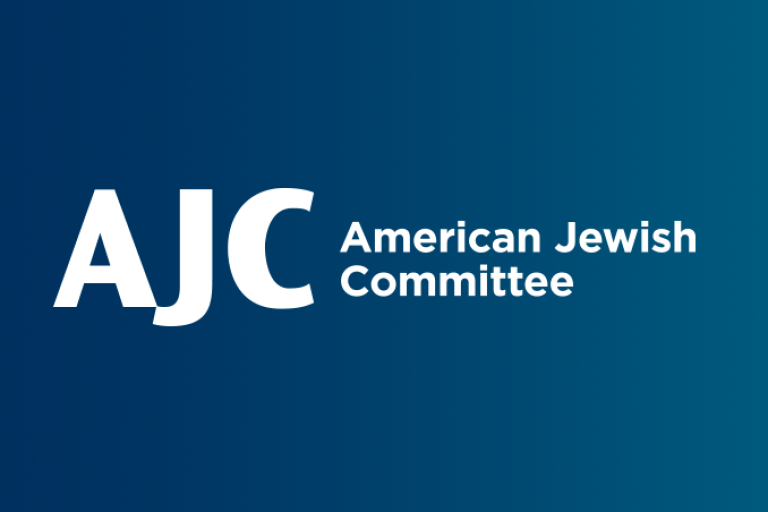December 17, 2020
This is the eighth installment of a series on the State of Antisemitism Around the Globe, in which AJC experts share their insights about nine international communities where particular expressions of Jew hatred are on the rise. The next piece will focus on Ukraine.
Jews have millennia-old roots in many Arab countries, and while their treatment varied over time and differed from one community to the next, the type of antisemitism suffered by their brethren in many European societies was uncommon in the Middle East's ancient cultures until the twentieth century, with its fierce tensions between Arabs and Jews.
“It's not like Europe, not like the rest of the world,” said Benjamin Rogers, AJC's Assistant Director of Middle East Policy. “Jews were part of society and a pretty common part. They were people of the book. Some people treated them better. Some people treated them worse.”
Over the past century, antisemitism has become commonplace in many parts of the Middle East, including Iraq and Yemen. Myths and conspiracy theories that arose in Europe were imported and altered to blame Jews for many societal problems across the region.
“For a long time, governments at war with Israel would demonize Jews to promote their political aspirations,” Rogers said.
Yet, in the aftermath of the Arab Spring, a new generation of Arab leaders has emerged. About half of the region's population is under the age of 25, and as political and economic challenges arise, the Israeli-Palestinian conflict has become less of a priority.
That shift has been one of the catalysts for acceptance of normalized relations between Israel and the United Arab Emirates, Bahrain, Sudan, and Morocco.
Additionally, in recent years, AJC has seen growing curiosity by emerging civil society leaders in the Arab world to better understand their country's Jewish heritage. More than 55.5 million people across the Arab world have engaged with AJC’s Arabic-language channels on Facebook and Twitter. Earlier this year, AJC launched an Arabic-language online video project to increase understanding of the Jewish people in the Arab world. The video series has been watched by more than 21.5 million people across the Middle East and North Africa.
Significant changes, including the recent announcement by Morocco that it would institute the Arab world's first education curriculum on Jewish history, help lead the charge in promoting diversity in the region.
"If you can turn your differences into positives, then you have a much better chance of moving forward," Rogers said.

